Main Panel as Junction Box
hendricus
14 years ago
Related Stories
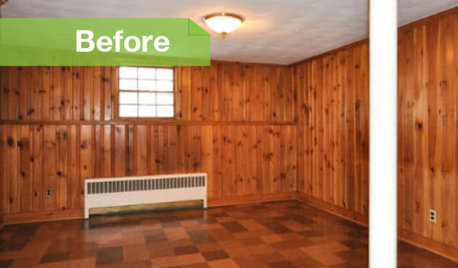
PAINTINGKnotty to Nice: Painted Wood Paneling Lightens a Room's Look
Children ran from the scary dark walls in this spare room, but white paint and new flooring put fears and style travesties to rest
Full Story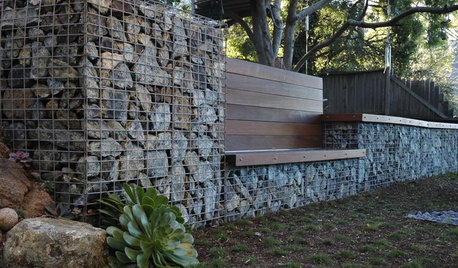
GARDENING AND LANDSCAPING7 Out-of-the-Box Retaining Wall Ideas
Go Beyond Railroad Ties With Stylish Rock, Metal, Blocks, and Poured Concrete
Full Story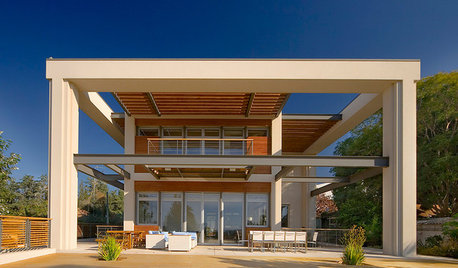
REMODELING GUIDESNesting Boxes: Houses With Homes of Their Own
Framing one box with another creates a whole new style of modern indoor-outdoor living
Full Story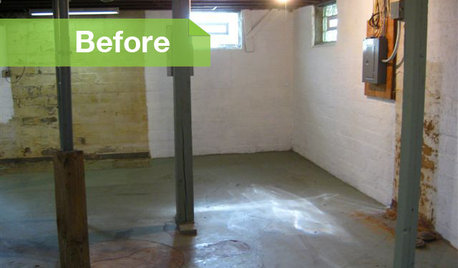
BASEMENTSBasement of the Week: Modern Style Converts an Empty Concrete Box
From raw wasteland to fab living, sleeping and storage space, this snazzy basement now covers all the angles
Full Story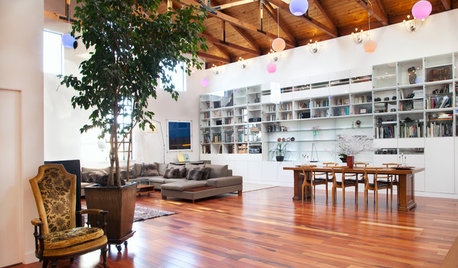
HOUZZ TOURSHouzz TV: A Sanctuary for Life and Work
Eclectic furnishings, books and art make this former blank box a very personal home, while the photography studio has its eye on business
Full Story
HOUZZ TOURSHouzz Tour: Urban Jewel Box
San Francisco designer Anastasia Faiella warms up a loft with color, fabric and light
Full Story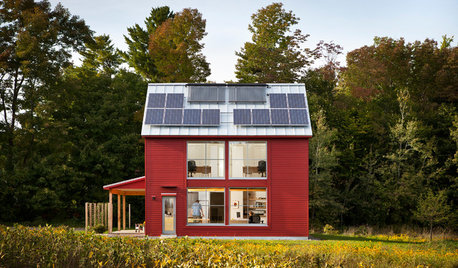
GREEN BUILDINGGoing Solar at Home: Solar Panel Basics
Save money on electricity and reduce your carbon footprint by installing photovoltaic panels. This guide will help you get started
Full Story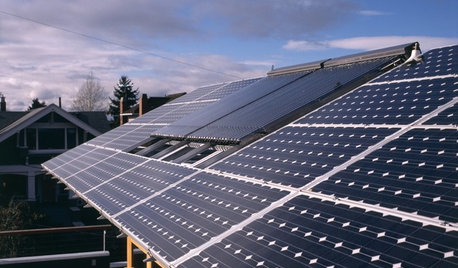
GREEN BUILDINGLet’s Clear Up Some Confusion About Solar Panels
Different panel types do different things. If you want solar energy for your home, get the basics here first
Full Story


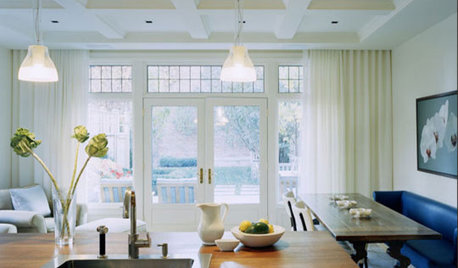
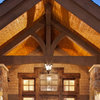
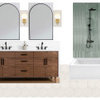
jmvd20
petey_racer
Related Professionals
Manalapan General Contractors · Melville General Contractors · Parsons General Contractors · Pocatello General Contractors · Tabernacle General Contractors · Towson General Contractors · Security-Widefield General Contractors · Chatsworth Solar Energy Systems · Sun Prairie Solar Energy Systems · Wasco Solar Energy Systems · Eden Prairie Solar Energy Systems · Saint Augustine Home Automation & Home Media · San Marino Home Automation & Home Media · Weatherford Home Automation & Home Media · Annandale Home Automation & Home Mediapetey_racer
hendricusOriginal Author
jmvd20
terribletom
petey_racer
Billl
jmvd20
jmvd20
brickeyee
petey_racer
brickeyee
terribletom
bryanlm
brickeyee
Ron Natalie
terribletom
jmvd20
terribletom
hendricusOriginal Author